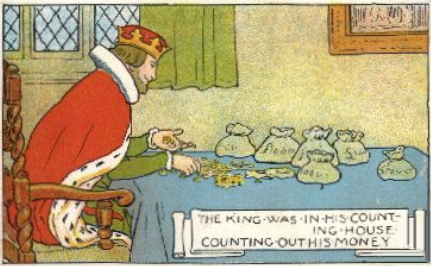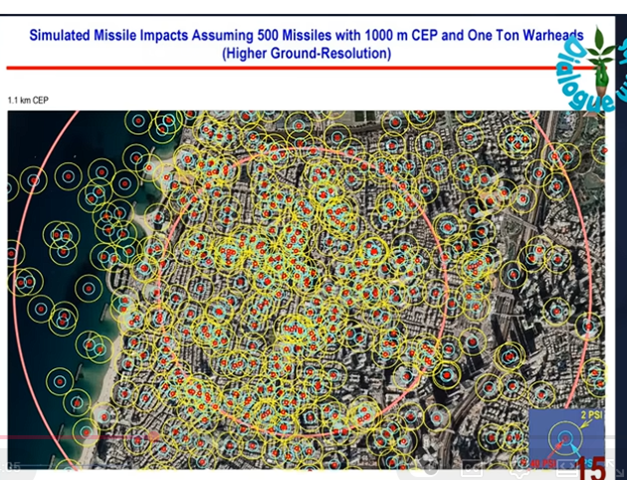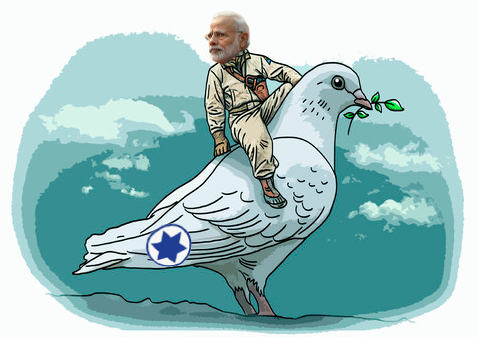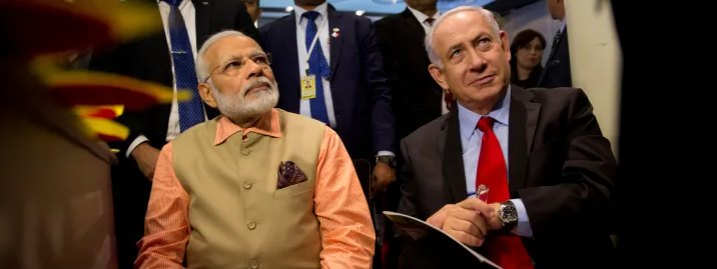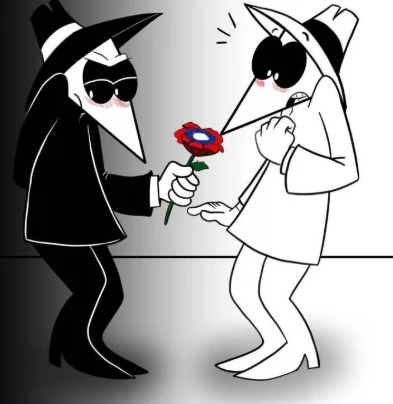

By John Helmer, Moscow
@bears_with
A black valentine is a communication between intelligence services with a message that looks well-meant but is the reverse in fact. Between friendly, cooperating or allied intelligence services, like the Russian and Iranian, the black valentine is a criticism. A sharp one.
Yevgeny Krutikov, a former Russian military intelligence (GRU) officer and now a security analyst for Vzglyad, the Kremlin-backed security analysis platform in Moscow, reports frequently on intelligence operations against Russia by the US, British, German, and Israeli agencies. In a new report he analyzes the open-source materials on how the assassination of Iran’s Supreme Leader, Ayatollah Ali Khamenei, was planned and carried out; the division of labour between the Israeli intelligence agencies and the CIA; and the conduct of Iran’s security services.
Krutikov does not say explicitly that he has checked with his Russian intelligence sources. That he has made these checks before composing and publishing his report is communicated by indirection: with his phrases “details are gradually becoming clear”, “as a rule”, “classic picture”, and “quite convincing”; in the question with which Vzglyad cleared the title of the report before running it: “Who is responsible for the failure to protect the Supreme Leader of Iran?”; and finally, in Krutikov’s answer: “Iran has been negligent about security measures and facilities which many other countries would consider compulsory. The reasons for this are related both to the technological lag (including due to years of sanctions), and to the psychology of Iranian officials and top-level politicians, as well as the general mentality of the local population.”
Krutikov endorses as accurate the London newspaper account, based on Israeli sources, which appeared on March 2: “killing Khamenei was a political decision, not simply a technological achievement, said more than half a dozen current and former Israeli intelligence officials interviewed for this story. When the CIA and Israel determined that Khamenei would be holding a meeting on Saturday morning [February 28] at his offices near Pasteur Street, the chance to kill him alongside so much of Iran’s senior leadership was especially opportune.”
This Financial Times publication was also used by the Israelis and Americans to send their own black valentine to the Iranians. “Israeli intelligence had information from signals intelligence, such as the hacked traffic cameras and deeply penetrated mobile phone networks. One of the people said it showed that the meeting with Khamenei was on schedule, with senior officials heading to the location. But the Americans had something even more concrete — a human source, both people familiar with the situation said. The CIA declined to comment.”
Whether these claims are true or false, Krutikov’s republication is a signal of the negative Russian assessment of the first stage of the war. This assessment is that the Iranians have failed to follow the technical advice and special assistance which the Russian military has been providing, especially since the war of last June. This is alibi and hand-washing — Krutikov is reporting that in Moscow military and intelligence officers are saying they are not at fault for the deaths of Khamenei and senior Iranian military officers who were with him at the time of the attack.
Krutikov does not disclose what his sources know nor the questions they don’t want to answer in public: when did GRU learn the Israel-American attack of February 28 was about to begin? When was this intelligence warning sent to the Security Council and President Vladimir Putin? Was this warning communicated to the Iranians, and when? Did the attack catch Putin by as much surprise as it took Khamenei?
Krutikov’s conclusion is that the Iranians are to blame for the misfortune. This conclusion contradicts the claims, repeated in the alternative media of American military bloggers, of Russian (and Chinese) assistance to Iran for its defence; early warning, electronic jamming, and interception of Israeli and US air, ground and ship-fired missiles and drones; command and control of operations; and target and flight guidance for Iran’s missile and drone counter-attacks.
In explaining his conclusion Krutikov claims there can be no meeting of minds between the Russians and the Iranians – the “psychology” and the “general mentality” are too far apart.
If this is true – that’s to say, if President Putin, his security advisor Yury Ushakov, the military and intelligence members of the Security Council, and the General Staff believe it to be true – then this is a signal to the Trump Administration that they can escalate their operations against Iran without the risk of clashing with or killing Russian forces.
On the other hand, if this isn’t true, then Krutikov’s black valentine is meant for the Americans and Israelis, in order to deceive them into over-confidence and lure them into an Iranian-Russian trap.
(more…)
